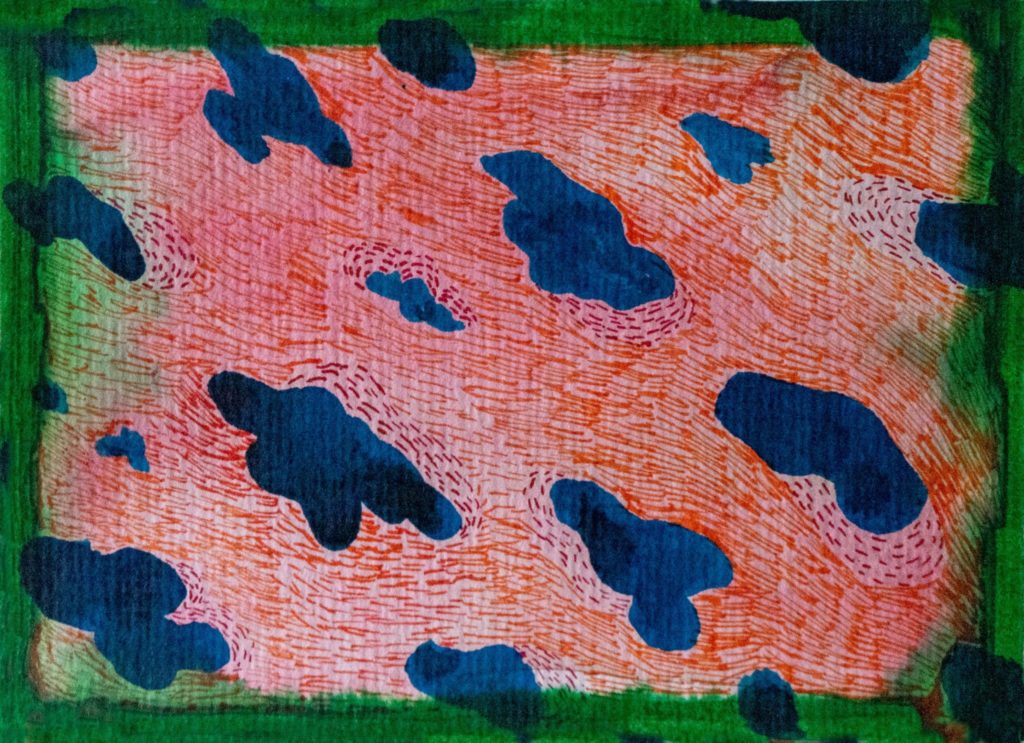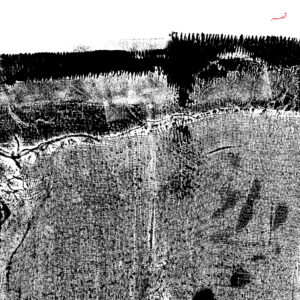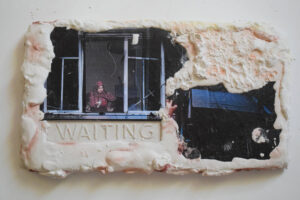Volume 6
raze | renew | erode
The festival that marks the harvest, and the shifting of the sun into a new heavenly segment as defined by astronomers of the past, just occurred a few days ago. To my knowledge the celebration is pan-Indian, and pre-dates the territorial, chest-beating, power-based, organised religio-political systems we struggle within today. What I find particularly moving about this festival is the primal connection it bears to the sun, and to the ancient observational science of mapping the stars. One feels a link to the thrill and the fear that must have accompanied piercing the skies with compasses that etched lines and arcs across the unfathomable in an attempt to tame and understand the infinite. Equally profound, is the reminder this provides of the earliest agrarian settlements: planting and harvesting and relying on the sun, a reliance that persists on most of the rural subcontinent even now. These connections seem to mark our place in the solar system, and in the context of those interdependencies of the many rotating orbits of sun and planet and earth – and the human renditions of the geocentric and heliocentric trails that make for the most exquisite expressions of art and craft and engineering – the idea of the early science of prediction and prescience and the imagined links between heavenly objects and individual human destiny seem mysteriously and excitingly plausible and natural.
Illness recently struck someone I know closely, and he was weakened by it, and could not quickly shake its consequences of exhaustion and a staggering loss of appetite. The person who cooked for him, was very concerned and suggested a ritual to cast away the evil eye. Having grown up among scientists, in a family that was kind to others’ beliefs but firmly uncompromising about its own, I simply smiled and dismissed the idea in my head. But he said he would do it, and a writer friend, Anjum Hasan, and I walked him down to a junction of three roads and watched as he ran a raw egg, three times, from the top of his head to his toes. While we walked up, Anjum talked about the beliefs of fate and fortune held in a chicken’s egg in the region she grew up in, and the conversation extended to the ancient Greeks and Africa and Central America. When we reached the spot where the ritual was to take place, however, we fell silent, watching his movements, and then quickly turned away as he tossed the bad juju that was now held in the egg, and did not look at where it lay broken lest the spirits that it had captured spilled out entered us. Did any of us, literate, thinking people truly believe this in any rational way? No! But the idea that we were taking care of someone at the behest of someone else who cared, granted the ritual a positive and ancient energy that took it from being something we might have laughed about to something weirdly healing. His appetite did return, but, it might have anyway.
I turn from the primal, the pagan, the celebration from pre-history directly back to the idea of the agrarian. Drawing attention to the seemingly eternal methods of early agriculture suggests a benign positivity. And yet, the early methods that persist till today follow systems of raze and burn before renewal and fresh growth – and the resultant smoke and ash from the brutal scorching of the earth can cover entire regions in months of choking pollution. The ancient methods are too destructive in a world where we have grown beyond what is available for consumption, and the B-grade sci-fi narrative of seeking outer space planets on which to plant ourselves is no longer quite as ridiculous. We are essentially a hopeful species, driven by a faith, an unshaking certainty, one might say, in the rightness of our existence. The heavens hold out possibilities of fresh starts and renewal.
The River Kaveri in southern India, viewed at its sangam – the confluence of its different fluid branches – at Srirangapatna was in its glory at the end of 2021. The waters ran high and clear thanks to the recent heavy rains. And even on a day like the golden one on which we visited, the anxiety around Covid-19 meant that there were very few visitors. The river, that has carved an island out of the ground after centuries of erosion, runs a sort of beatific course around this piece of land that is considered blessed. Many temples dot the coastline of the island with sacred ghats at which people come to conduct rituals, seek blessings, cleanse themselves in the waters, disperse the ashes of family and loved ones, and reach for a link to the eternal. In the newspaper today, the day I am writing this, I learn that a local seer seeks to raze the mosque in the fort adjacent to the ghats, a mosque built by Tipu Sultan two and a half centuries ago, and I am overpowered by a feeling of despair and spiritual loss at the territorial aggressions that seem to drive us. Then I recall our recent day at the river, standing on the steps, the rich vibrancy of the current, the ibises and cormorants and herons and kingfishers, and the clear clean air holding the warmth of the sun, and the turning flow of the water, rising from the Western Ghats, flowing to Thanjavur and entering the sea in a great wide and wondrous delta, and, somehow, the meaning of existence seems both renewed and simultaneously more beyond comprehension.




